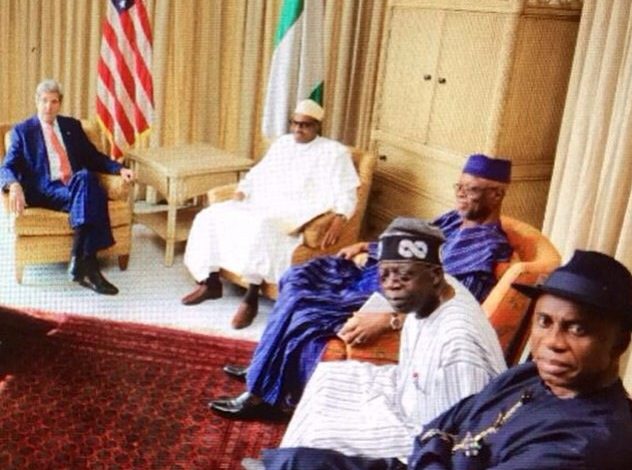ABUJA: Former Minister of Transportation and ex-Governor of Rivers State, Rotimi Amaechi, has publicly addressed the long-standing controversy surrounding his meeting with American officials during the administration of former President Goodluck Jonathan.
Speaking in Abuja on Friday, Amaechi clarified that the engagement had nothing to do with alleged attempts by opposition leaders to convince the United States to intervene on the basis of Christian genocide in Nigeria.
According to him, the narrative is entirely false.
Addressing editors at the National Conference of Editors, the African Democratic Congress (ADC) presidential hopeful insisted that the meeting in question was neither clandestine nor politically sinister.
There have been talks about some secret meetings in America. No, there was no meeting like that, Amaechi said. There was just one meeting, and we were invited.
The Americans simply wanted assurances that the 2015 election would be peaceful. That was all.
He noted that the conversation centred on avoiding violence during the election period, stressing that it had nothing to do with undermining the PDP government or inciting foreign interference.
Amaechi also used the event to reflect on the state of journalism in Nigeria, arguing that today’s media climate lacks the courage that defined the press during the military era.
I have friends who are editors… but what has changed? Journalists are no longer fighting, he said, recalling the role the media played in ending military dictatorship.
He raised concerns about increased ethnic loyalty in newsrooms, warning that it weakens accountability and emboldens bad leadership.
As journalists, nobody wants to write against their brother. Nigerians don’t hate bad government; they just hate when the bad president is from another region, he remarked.
Amaechi maintained that Nigeria’s political culture has become heavily compromised by ethnic sentiment, selective criticism, and poverty, all of which he said limit the demand for good governance.
He warned that insecurity would persist as long as citizens lack legitimate means of livelihood.
If you don’t provide them with legitimate means of livelihood, they will provide for themselves an illegitimate one, he said.
Amaechi added that Nigeria would only evolve into a true nation when citizens can live and succeed anywhere without discrimination.
In a related development raised at the same forum, security expert Onyema Onoh cautioned that controversial cleric Sheikh Ahmad Gumi’s frequent defense of violent groups poses national security risks.
Onoh argued that Gumi’s behaviour fits the global profile of radical sympathizers, urging the Nigerian government to investigate networks that may be undermining the country’s stability.
He warned that President Bola Tinubu must not allow any individual, however influential, to blackmail the state or sabotage national security, stressing that such actions deepen ethnic and religious fractures.



